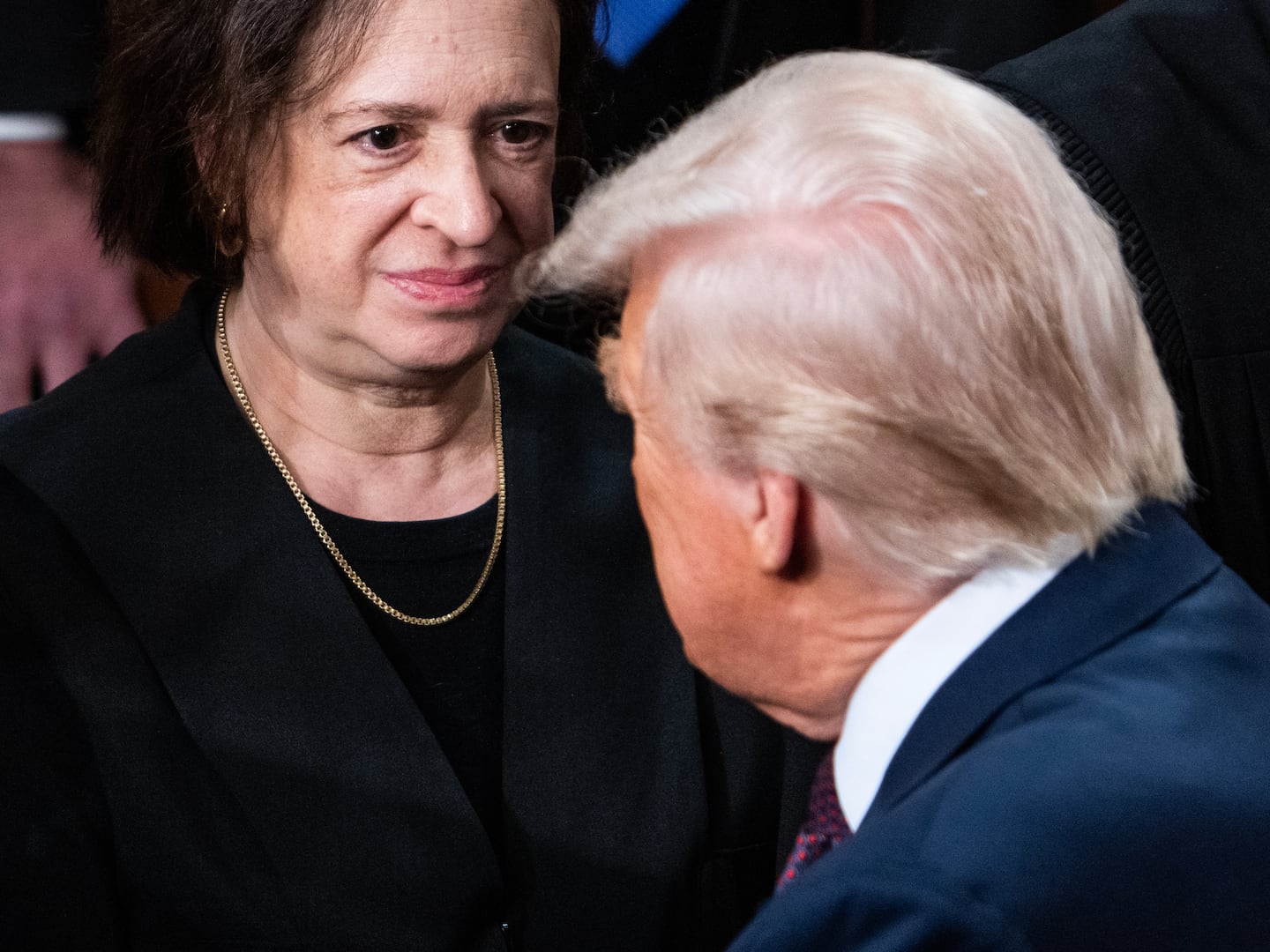Attorney General Jeff Sessions hasn’t said if he will recuse himself from an investigation into Russian interference in the 2016 election, but he has been quick to demand recusal from Democratic officials in the past.
Sessions is facing his own calls for recusal from a Justice Department investigation into alleged links between Russia and Donald Trump’s presidential campaign after the Washington Post reported Wednesday he met twice with Russia’s ambassador to the U.S. Despite those meetings while he was a surrogate for Trump, Sessions told senators during his confirmation hearing for attorney general that he had had no such contacts.
In 2011, Sessions called for Justice Elena Kagan to recuse herself from case before the Supreme Court on a lawsuit against the Affordable Care Act’s individual mandate. Kagan had defended the law as solicitor general in the Obama administration.
Sessions portrayed recusal as standard practice when such conflicts arise, and urged her to act “in a way that’s consistent with the highest ethical standards of recusal.”
A former Sessions staffer drew attention to those calls on Thursday.
“I spent countless hours working on argument for Kagen [sic] to recuse from ACA cases for Sessions,” Hunter Walton wrote on Twitter. “Recusal should be no brainer for him.”
Sessions spokesperson Sarah Flores did not respond to a request for comment on his past recusal remarks.
More recently, Sessions criticized his attorney general predecessor, Loretta Lynch for failing to recuse herself in the federal government’s probe of Hillary Clinton’s email practices.
Lynch “never recused herself from decisions on the Clinton investigation after her self-admitted ‘mistake,’” he wrote on FoxNews.com of Lynch’s meeting with Bill Clinton on the tarmac at a Phoenix airport in summer 2016.
That meeting came as the Federal Bureau of Investigation investigated whether Clinton violated federal law in her use of a private email server. While Lynch did not recuse herself, she said she would follow the recommendation of the FBI following the conclusion of its investigation. FBI Director James Comey publicly announced the investigation found nothing to support criminal prosecution and Lynch concurred.
In the FoxNews.com column co-authored with fellow Trump campaign surrogate and former New York City mayor Rudy Giuliani (and three other former Justice Department officials), Sessions called for a special prosecutor to take the lead in that investigation due to Lynch’s alleged conflicts of interest.
“Recusal is a formal process,” Sessions wrote. “If General Lynch went through the proper procedure for recusal, she has not publicly shared it.”
Sessions repeated his call for a special prosecutor in an appearance on Fox News.
Now it’s Democrats calling for the attorney general to recuse himself—and even to resign. Democrats on the House Judiciary Committee asked the FBI on Thursday to open a criminal investigation into Sessions, suggesting he may have committed perjury.
“The information reported last night makes it clear, beyond the shadow of a doubt, that Attorney General Sessions cannot possibly lead an investigation,” Senate Minority Leader Chuck Schumer said of the revelations. “He may very well become the subject” of the investigation, Schumer said.
Sessions told NBC News that he would recuse himself “whenever it’s appropriate,” but denied that he had misled senators who asked about his contacts with Russian officials.
“I have not met with any Russians at any time to discuss any political campaign, and those remarks are unbelievable to me and are false. And I don't have anything else to say about that,” Sessions said.







